“If at the sight of a statue or painted picture you know that art has been employed, and from the distant view of the course of a ship feel sure that it is made to move by art and intelligence, and if you understand on looking at a horologe, whether one marked out with lines, or working by means of water, that the hours are indicated by art and not by chance, with what possible consistency can you suppose that the universe which contains these same products of art, and their constructors, and all things, is destitute of forethought and intelligence?”
Cicero, On the Nature of Gods, Book 2, Part 34
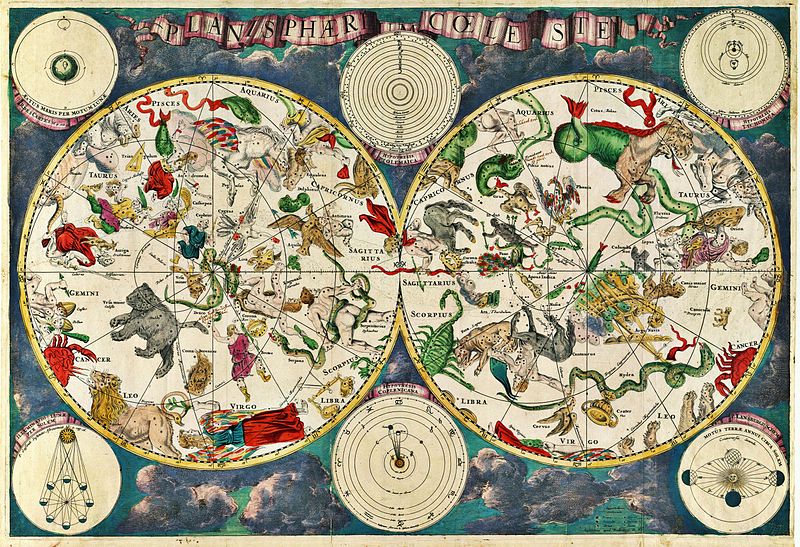
The Design Argument
The Design Argument, or the Teleological Argument (from Greek origin of ‘Telos’ meaning end or result, and ‘logy’ meaning reason), is thought by many to originate, like so many other ideas, with ancient Greek philosopher Socrates (470- 399 BC). Xenophon, in Memorabilia, quoted Socrates as saying; “With such signs of forethought in these arrangements, can you doubt whether they are the works of chance or design?”. It is suspected however that Socrates was echoing an even older idea that came before him. Either way, the idea of an ‘Intelligent Designer’, who has carefully designed our universe, giving us life and enabling everything to work just how it does; has echoed throughout the centuries.
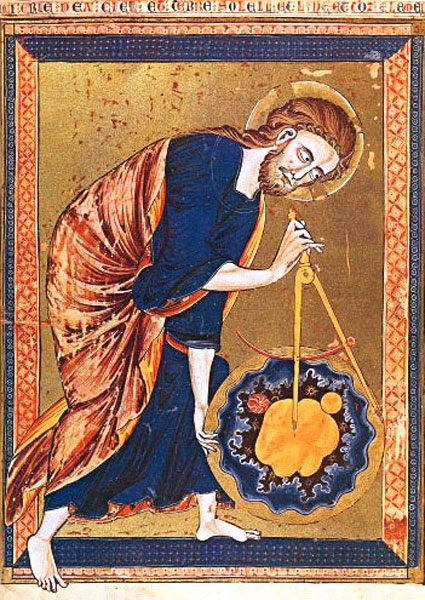
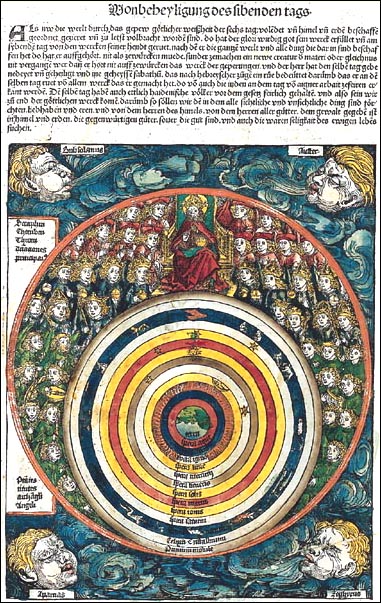
Working for an End
Perhaps one of the most famous advocates for The Design Argument was Thomas Aquinas (1225-1274 AD), Italian Dominican friar, Catholic priest, Doctor of the Church and Canonized Saint. Aquinas believed that things in nature behave in a purposeful manner; they operate in a specific way and by doing so, achieve a specific result- ‘For we observe that certain things which lack knowledge, such as natural bodies, work for an End…. Hence it is clear that they do not arrive at their goal by chance, but by purpose.’ He concluded that such things, like nature, do not have the intelligence to behave this way, so it makes sense to conclude that they are being guided by something of a higher intelligence- ‘But those things which have no knowledge do not move towards a goal unless they are guided by someone or something which does possess knowledge and intelligence-e.g., an arrow by an archer. Therefore, there does exist something which possesses intelligence by which all-natural things are directed to their goal; and this we call God.’ Aquinas believed that there must be a Grand Designer, how else could unintelligent things behave in such a way?
“This most beautiful System of the Sun, Planets, and Comets, could only proceed from the counsel and dominion of an intelligent and powerful being.”
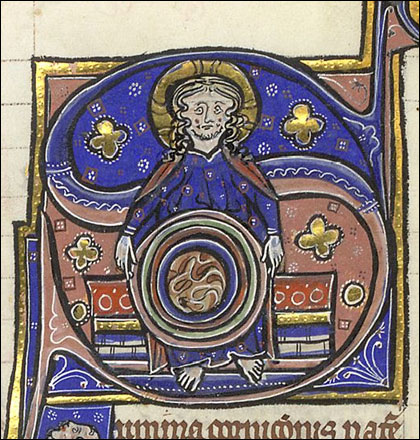
A Design Must Have a Designer
English Clergyman, William Paley (1743-1805), famously gave the analogy of the Divine Watchmaker. Paley asserts that if we were to find a watch in the middle of a field, we would very quickly come to the conclusion that it had not simply always been there, but that it had been designed and placed there. Its many parts, specifically assembled, working in motion in order to achieve a function, would tell us that it had been designed. We would know therefore, that there was a watchmaker; the design must have a designer. Paley thought that there are many examples within nature of similarly specific designs, intricate components which only by being exactly how they are, allow them to complete a distinct and valuable function. By the same equation as the watch, Paley thought it reasonable to conclude that the world, also, must have a designer.
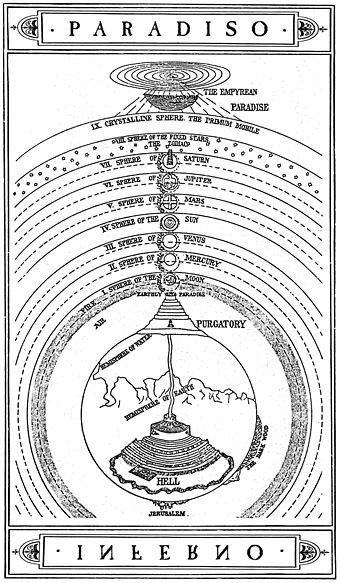
The Universe Is Fine-Tuned
The functional complexity that Paley refers to as an indication of a Designer, is reflective of The Fine-Tuning Argument. The conditions of the universe are so exactly perfect for our existence. An example often given is that if the strength of the big bang explosion had differed by one part in 1060, life would not be possible. To explain this more clearly, Robin Collins cited John Jefferson Davis as stating that an accuracy of one part in 10 to the power of 60 can be compared to firing a bullet at a one-inch target on the other side of the observable universe, twenty billion light years away, and hitting the target.
“As we look out into the Universe and identify the many accidents of physics and astronomy that have worked together to our benefit, it almost seems as if the Universe must in some sense have known that we were coming.”
Freeman Dyson, 1979
The critical density achieved in order to foster life was so specific that many find it difficult to except that it happened by chance. Philosopher and Rabbi, George N. Schlesinger (1925-2013), argued that the likelihood of the conditions being suitable to foster human life was so improbable, that it is in fact more reasonable to deduce it was designed as such, rather than happened by chance. Upon acknowledging how specifically fine-tuned the universe is for our existence, it only leaves to consider the probability of it being so by chance or by design.
“To see a world in a grain of sand, And Heaven in a wild flower, Hold infinity in the palm of your hand, And eternity in an hour.”
William Blake, Auguries of Innocence, 1803 (Approx)
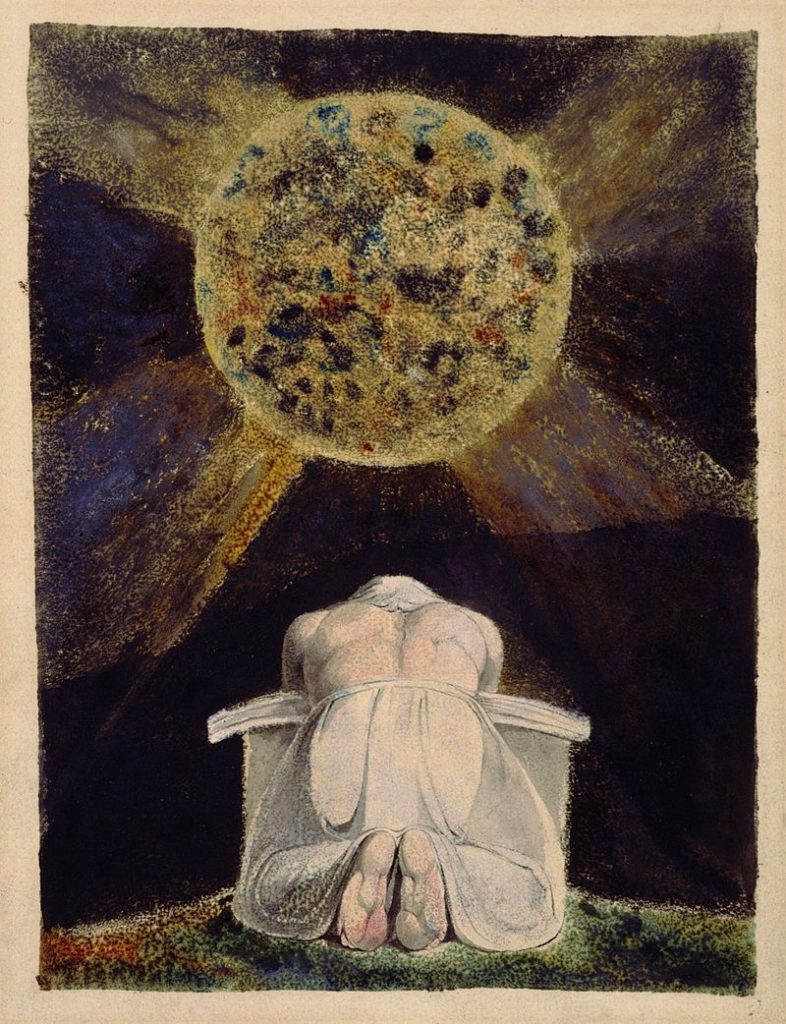




Hi Liadh!
Just a quick note to let you know I featured your blog in my Blog Spotlight post for this month. You can read the post here:
https://perfectchaos.org/2018/05/23/blog-spotlight-may-2018/
Best wishes!
Steven
Hi Steven,
Great, I’m glad you liked my site!
Kind Regards,
Liadh